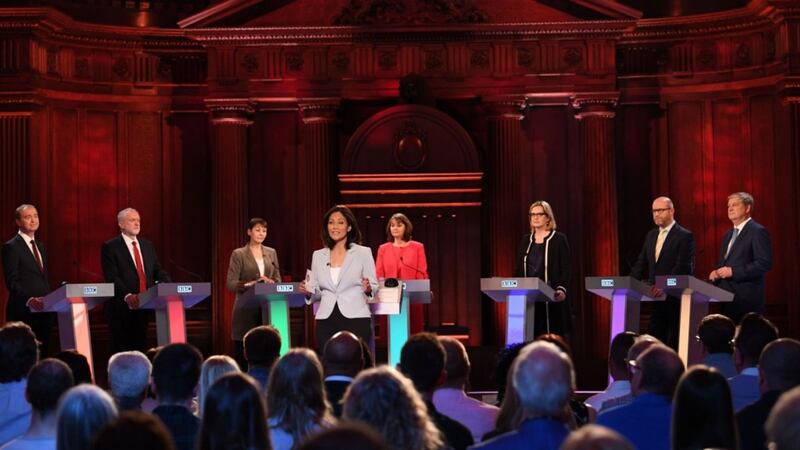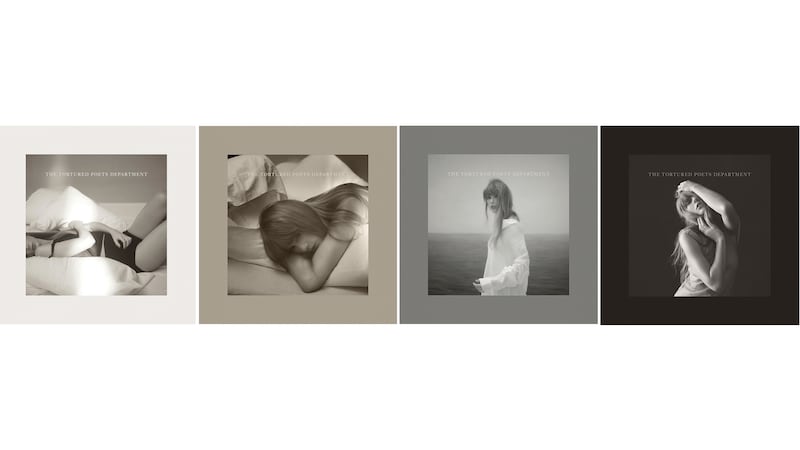Clashes taking the format of political party leaders challenging each other on screen, often standing at a lectern on stage, were first seen in the UK during the 2010 General Election.
The latest seven-way prime time showdown, broadcast on the BBC on Wednesday night, featured Labour’s Jeremy Corbyn, Home Secretary Amber Rudd of the Conservatives, Liberal Democrat leader Tim Farron, Ukip’s Paul Nuttall, Green Party co-leader Caroline Lucas, Leanne Wood of Plaid Cymru and Scottish National Party deputy leader Angus Robertson.
It has been branded by some commentators as “truly dreadful” and as “lively and entertaining as a pub lock in”. Here are some thoughts from experts about the televised debates.
The debates can end up as “a bit of a bickering match”
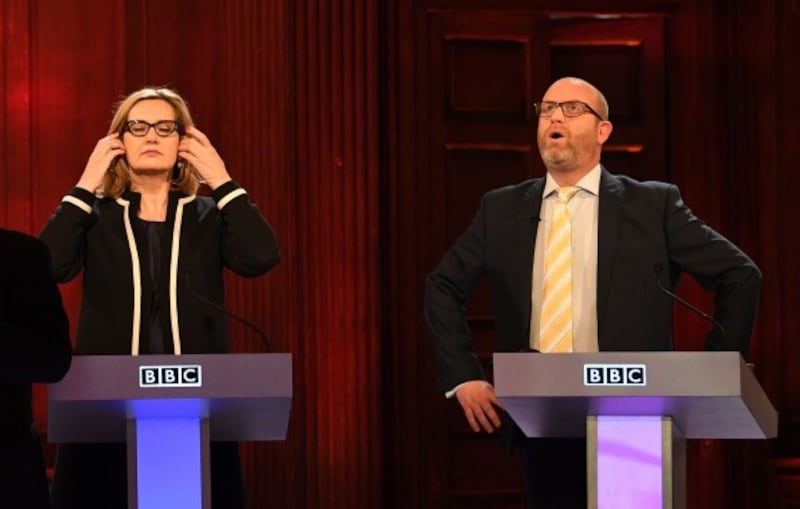
Professor Tony Travers of London School of Economics and Political Science, described British politics as “competitive and combative”, and said televised debate events are a “bit of a mess”.
“They are inevitably a bit of a bickering match because they encourage, as the one did last night, people to turn to each other and challenge each other and chip in,” he added.
“(But) in a sense, that is how British politics works.”
Branding televised debates a “slightly ungainly process”, Travers added: “At one level you can see why the Prime Minister did not want to get involved in it.
“Yet on the other hand, her not being involved in it seems to have done her political harm.”
Audiences may focus on what people look like rather than what they’re saying
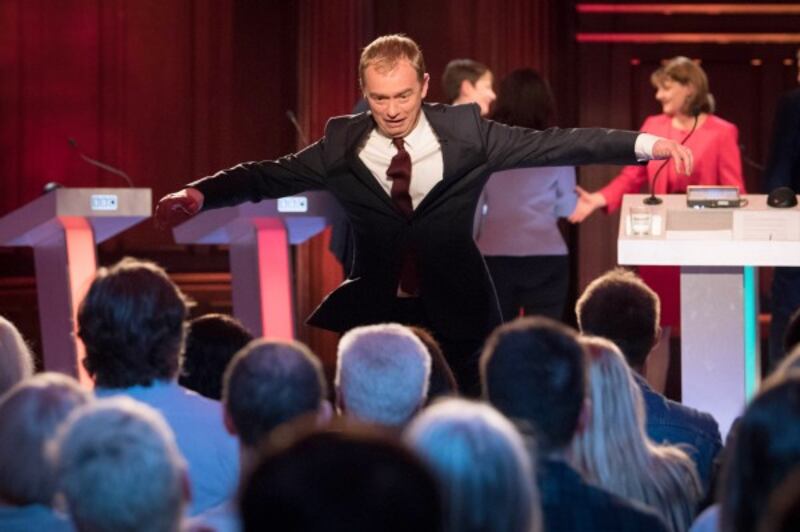
Travers said debate audiences watching on television can end up focusing and making judgments on what those taking part look like, their body language and how they react.
“Then quite what their negotiating stance on Brexit is, or how old people should be treated, can get lost in the melee,” he added.
They’re designed to be “slightly theatrical”
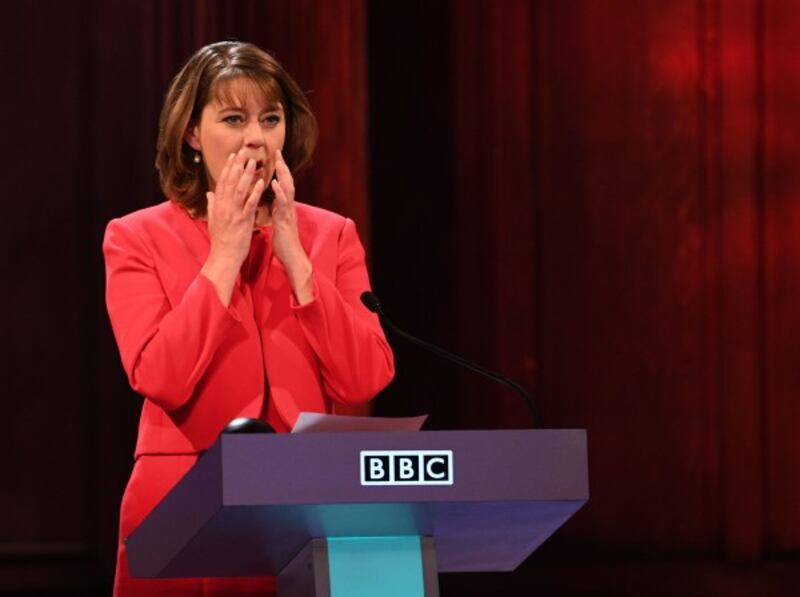
Travers said that the public are probably now stuck with televised debates “partly because broadcasters love them”.
“It is theatre, and it is like the House of Commons in that regard, it is designed to be slightly theatrical, which is why the broadcasters love it,” Prof Travers said.
The format of televised debates might work better with less people
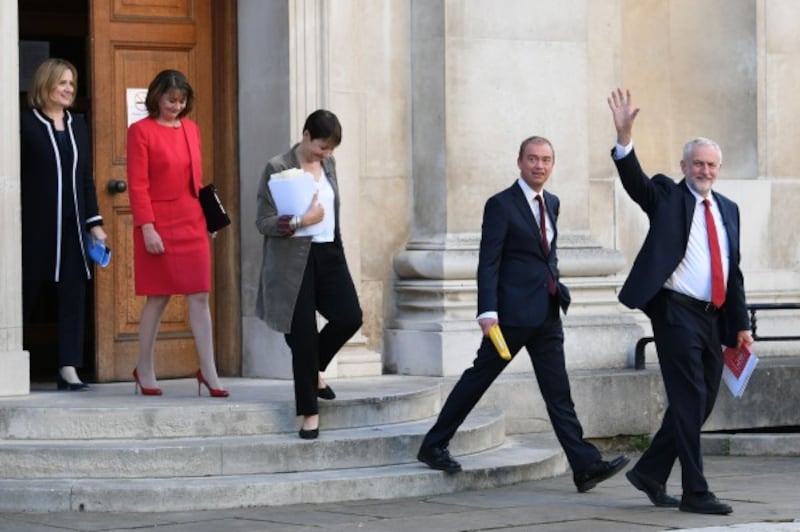
Professor Justin Fisher of Brunel University London said the current inclusive debate format on a national level “does not work”, and that the first televised political spars were significant for two reasons.
“One they were novel, and two there were only three participants,” he said.
“The desire to be inclusive has meant the debate format is much less useful or indeed interesting. It is impossible to have a debate with seven people.”
Fisher said the insistence at the General Election in 2015 that all the parties were included in the debates, set a precedent, which creates a “risk of diluting the format”.
Debates with too many people means it can be hard to get their points in
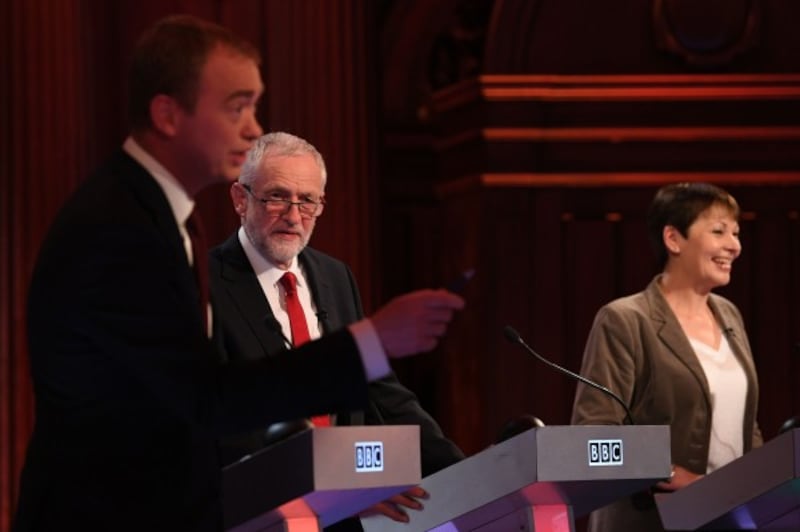
Echoing the view that more participants makes “real debate” harder, associate professor Stephen Barber of London South Bank University said this happens because “people aren’t speaking for very long”.
He added: “One of the things we saw last night was people trying to get their voice heard, that is where the bickering came from, and when someone wanted to get their point in as well.”
And the seven-way debate was not “particularly well adjudicated”, according to Dr Aeron Davis, a professor of political communication at Goldsmith’s University, London.
“It was a bit if a free for all,” he said.
“When you have that many people, it does become hard to discern between them and see a candidate stick out.”
